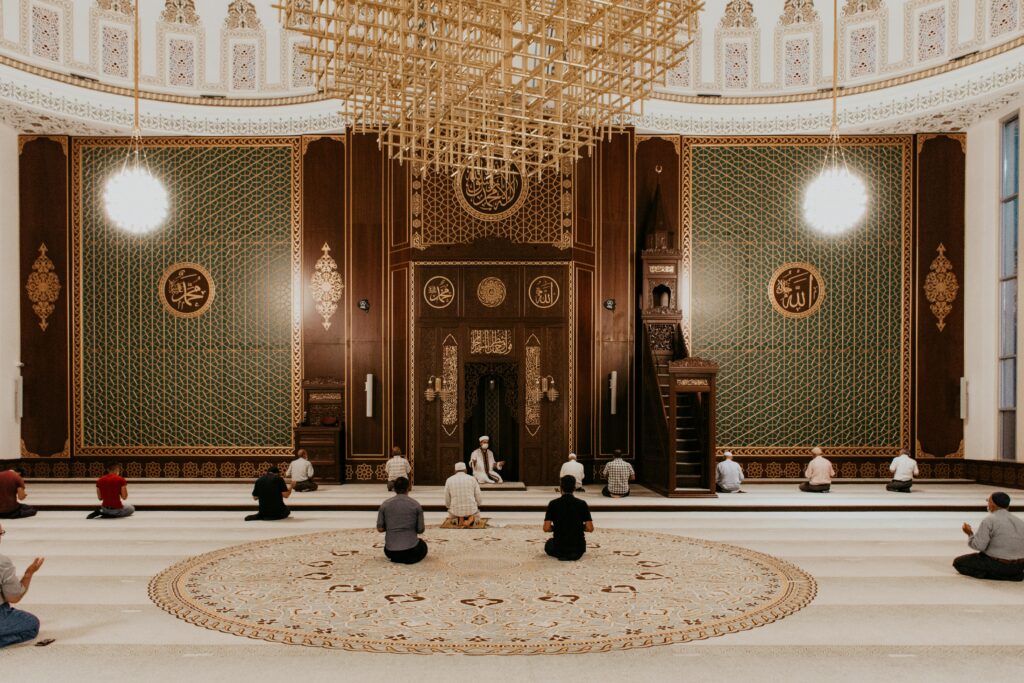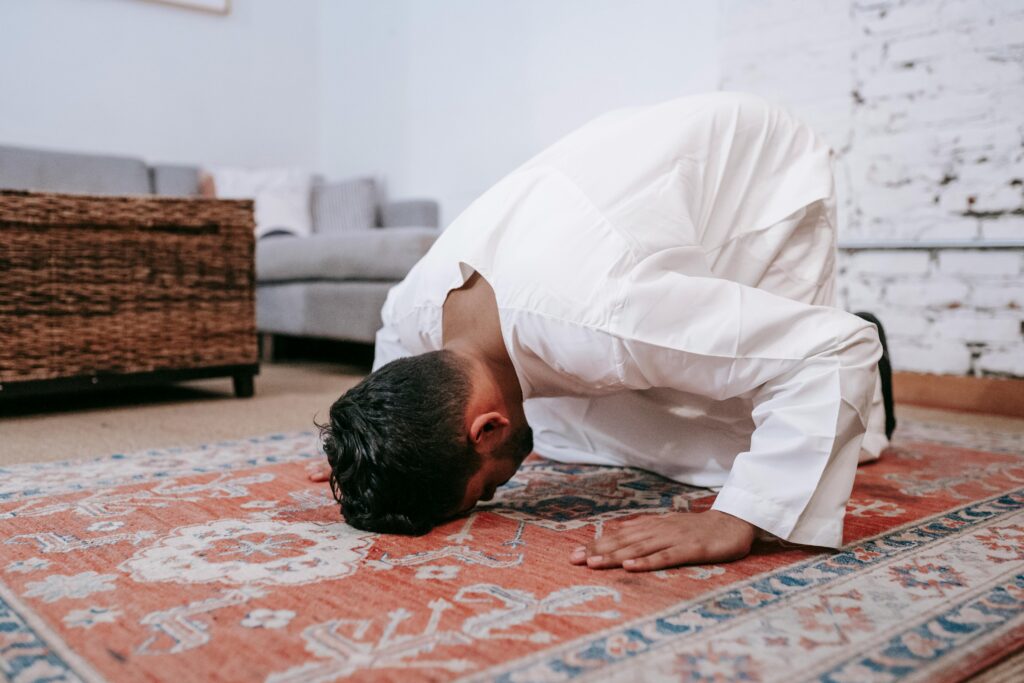Prayer is a universal expression of faith, but in Islam, it takes on a deeply structured and spiritual form called Salah or Salat. As the second pillar of Islam, Salah is a practice that shapes the rhythm of a Muslim’s day, connecting them to Allah in moments of gratitude, reflection, and supplication. This act is not merely ritualistic but carries profound meaning, shaping both the individual and the community.
What Is Salah? A Spiritual Connection

Salah refers to the ritual prayer that Muslims perform five times daily. It is not only a form of worship but also a constant reminder of the divine presence in a believer’s life. Each prayer involves recitations from the Quran, specific physical movements, and moments of silent reflection.
Unlike informal prayers or supplications (du’a), Salah is a prescribed act of worship that follows precise guidelines laid out in the Quran and Hadith. This structured approach underscores its importance and sanctity in Islam.
The Five Daily Prayers: A Sacred Rhythm

Muslims perform Salah at specific times throughout the day, creating a spiritual framework:
- Fajr (Dawn): Prayed before sunrise, this marks the beginning of the day with a moment of gratitude and focus on Allah’s blessings.
- Dhuhr (Noon): As the sun reaches its peak, Muslims pause from daily activities to reflect and recharge spiritually.
- Asr (Afternoon): A prayer of perseverance and guidance during the later part of the day.
- Maghrib (Evening): Performed after sunset, this prayer expresses gratitude for the day’s blessings.
- Isha (Night): The final prayer, offering peace and a chance to seek protection and rest.
By anchoring the day with these moments, Salah serves as a spiritual reset, helping Muslims maintain mindfulness and discipline.
The Deeper Meaning of Salah
Salah is not just a series of physical actions; each movement carries symbolic meaning:
- Standing (Qiyam): A posture of humility and attentiveness as Quranic verses are recited.
- Bowing (Ruku): Demonstrates submission to Allah’s greatness.
- Prostration (Sujud): The ultimate act of surrender, placing the forehead on the ground to signify total devotion and humility.
- Sitting (Jalsa): Reflecting, seeking forgiveness, and offering blessings.
Every prayer begins with wudu, the act of ablution, symbolizing physical and spiritual purification. This ritual ensures that a Muslim approaches Salah with a clear mind and heart.
Why Is Salah So Important in Islam?
- A Direct Connection to Allah:
Salah allows Muslims to communicate directly with Allah without intermediaries. This relationship fosters a sense of closeness and reliance on the divine. - A Reminder of Purpose:
Amid life’s distractions, Salah serves as a pause to reflect on life’s true purpose—serving and worshipping Allah. - Spiritual Cleansing:
Through repentance during Salah, Muslims seek forgiveness for their sins, purifying their hearts and intentions. - Unity in Worship:
Muslims around the world perform the same prayer, recite the same verses, and face the same direction (towards the Kaaba in Mecca). This shared practice fosters a sense of global unity. - Discipline and Time Management:
By committing to pray at specific times daily, Muslims develop a disciplined routine, balancing spirituality with daily responsibilities.
Salah in Community: The Power of Congregation
While Salah can be performed individually, it holds a special significance when done in a congregation. Praying together at a mosque strengthens the bonds between community members, fostering unity and mutual support. The Friday prayer, Jumu’ah, is especially significant, as Muslims gather to listen to a sermon and pray together.
Congregational prayers emphasize the equality of believers, with individuals standing shoulder to shoulder regardless of social status, wealth, or nationality.
Lessons from Salah: Beyond Rituals
Salah offers practical lessons that transcend its ritualistic aspects:
- Mindfulness:
Regular prayer encourages Muslims to live consciously, aware of their actions and their consequences. - Gratitude:
Each prayer includes moments of thankfulness, reminding Muslims to appreciate their blessings. - Resilience:
Through prayers, Muslims seek strength to face life’s challenges with patience and faith. - Inner Peace:
The act of disconnecting from worldly distractions and focusing on Allah provides a sense of calm and purpose.
Salah is more than an obligation; it’s a daily reminder of faith, gratitude, and purpose. It shapes the lives of Muslims by nurturing a profound connection with Allah and instilling discipline, humility, and unity.



